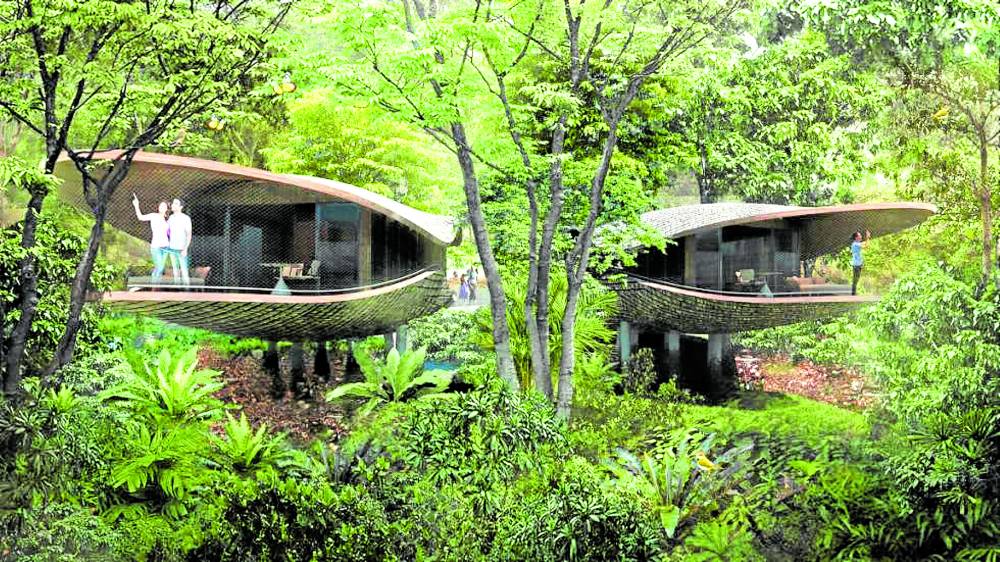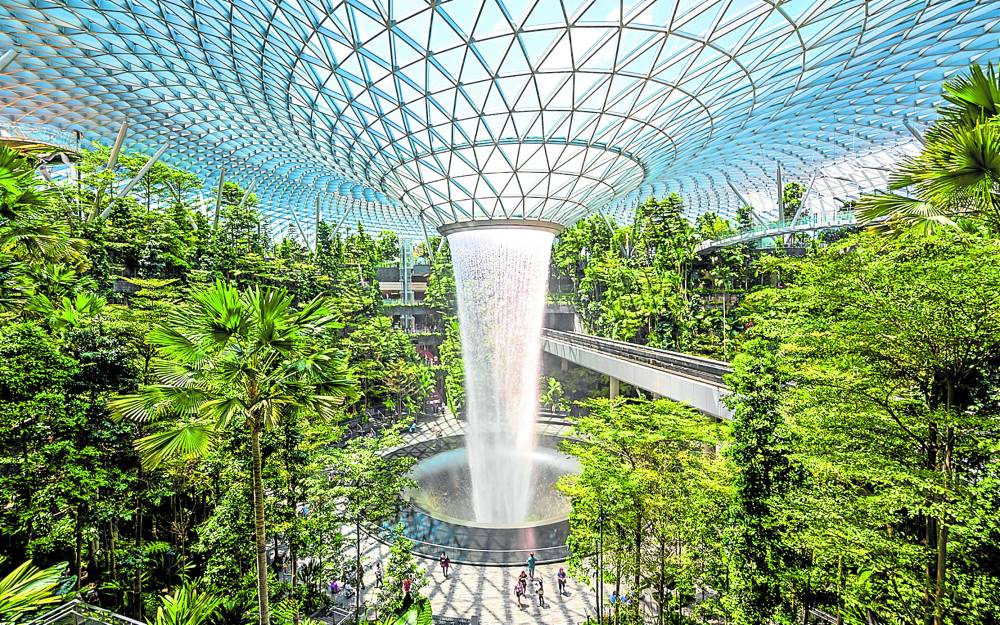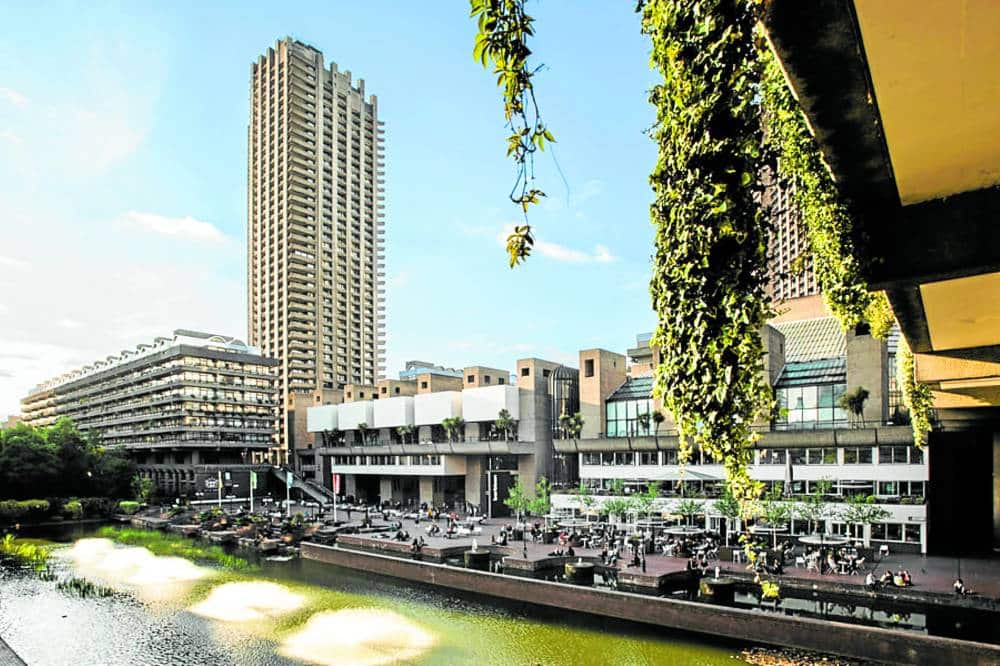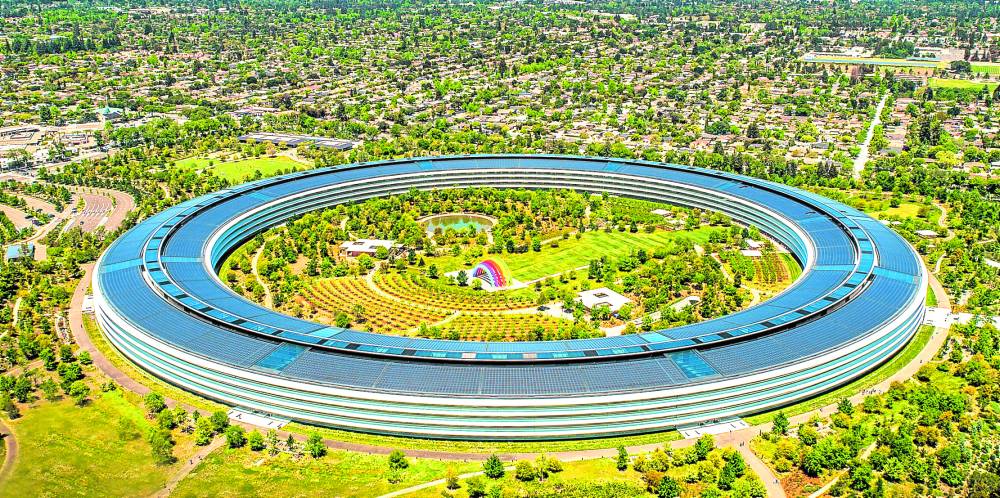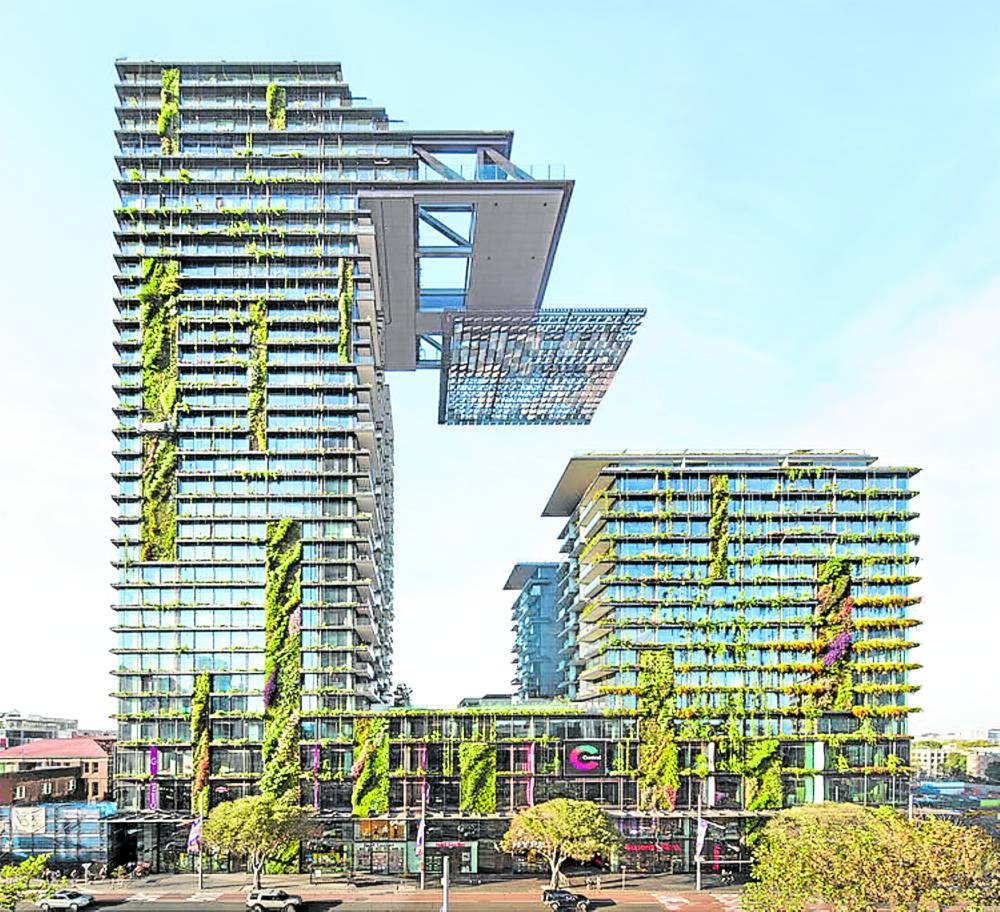Architecture + nature: Outstanding biophilic projects around the world
Biophilia is a combination of the ancient Greek words bio (life) and philia (love) and translates literally to “love of life.”
This term was coined by psychologist Erich Fromm and popularized by biologist Edward O. Wilson in the 1980s. Its general definition is “the urge to affiliate with other forms of life.” The biophilia hypothesis claims that humans have an innate affinity toward nature and that this connection is beneficial.
In championing sustainable development, biophilia as a concept design means integrating nature in architecture and urban planning. Globally, many companies and developers have sought to incorporate biophilic design in their projects given its many benefits including greater air quality, optimized thermal comfort, improved water management, and increased building lifespans, to name a few.
Here are some of the well known examples of biophilic design and architecture from all over the world.
St. Regis Maldives Resort
Maldives
In 2016, international design firm WOW Architects completed the St. Regis Maldives Resort on the remote Vommuli Island in Maldives.
Article continues after this advertisementTo maximize the natural beauty of the island which is surrounded by a large reef, the design firm divided the resort into several distinct ecological zones: the lagoon, beach, coastal area, and jungle. These zones became the basis for creating experiential programs for the resort’s guests.
Article continues after this advertisementEach zone has unique anchoring activities: a water amphitheater and a signature spa for the lagoon zone, two signature restaurants at the beach zone, a nature discovery center and a pop-up café at the jungle zone, and a dive center and signature bar at the coastal zone.
To ensure the sustainability of the resort, WOW Architects introduced solar and wind power technology and developed a “Zero Waste” approach for its day-to-day operations.
During construction, a prefabricated timber system was used to minimize its environmental impact, logistics needs and labor. To further cut the resort’s carbon footprint, it minimized its use of concrete and steel while maximizing use of cross laminated wood technology.
Mandai Rainforest Resort
Singapore
Also designed by WOW Architects is the Mandai Rainforest Resort, which is being managed by the Banyan Tree Hotels and Resorts. It sits on a 4.6-ha site in the eastern part of Mandai Wildlife Reserve, where native tree species were integrated with the natural forest.
The buildings in this 338-room resort were thoughtfully positioned to complement the existing vegetation, treelines, and natural topography. Outside these buildings are 24 elevated seed pod-shaped tree houses set among the trees, some looking out to the reservoir.
Mandai Resort also aims to be Singapore’s first “Super Low Energy” resort through its energy-saving innovations like smart control strategies, passive infrared occupancy sensors, and passive displacement ventilation, which cools air using chilled water rather than traditional airconditioning compressor units.
The Jewel
Singapore
Another prominent biophilic structure in Singapore is The Jewel, an entertainment and retail complex that is part of Singapore’s Changi Airport. This award-winning piece of architecture is part of Singapore’s goal to become “a city in a garden” and a model of biodiversity.
The Jewel has a distinctive dome-shaped facade made of glass and steel, but at the heart of its glass roof is the world’s largest indoor waterfall, the 40-meter tall Rain Vortex. It is surrounded by a primary multistory garden, five stories through to the forest-valley garden at the ground level, comprising an estimated 100,000 plants.
Barbican Centre
United Kingdom
The Barbican Centre in London is one of the earliest and most famous examples of biophilic architecture.
Built in 1982, the Barbican Centre is a residential complex and cultural center, situated in an area in London that was damaged during World War II. The brutalism style of architecture of the Barbican is juxtaposed with the use of natural and artificial lakes and extensive wildlife. It even has its own conservatory, housing over 1,500 species of plants and trees.
Apple Park
United States
One of the most widely recognized examples of biophilic architecture is the main headquarters of tech giant Apple in California. It has received praise for its sustainable design and integration of nature in its overall purpose.
Apple Park is a ring-shaped structure surrounded by trees. In the middle is a hollowed-out courtyard also full of trees. According to the description of Foster + Partners, there are over 9,000 trees on site, including indigenous oaks and orchards, as well as meadows, sports fields, terraces, and a secluded pond.
Apple Park, which is 100-percent powered by renewable energy, is the largest LEED Platinum-certified office building in North America.
One Central Park
Australia
The One Central Park in Sydney is one of the largest mixed-use buildings in Australia. It is composed of two residential towers, a shopping center, commercial blocks, and a cantilevered heliostat—a device that reflects sunlight onto its retail atrium.
Designed by Ateliers Jean Nouvel and Patrick Blanc, the building features unique elements like public terraces and hanging gardens.
One Central Park was named Best Tall Building Worldwide 2014 for its sustainable design solutions. Through a membrane bioreactor—a water treatment process that makes use of water from sources like rain, drainage, and sewage—it has its own recycled water network that caters to over 4,000 residents and 15,000 visitors every day.
Sources: ucem.ac.uk, designwanted.com, wow.sg, mandai.com, indesignlive.com, safdiearchitects.com, archdaily.com, fosterandpartners.com, frontiersin.or

